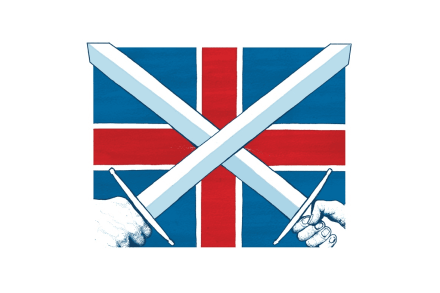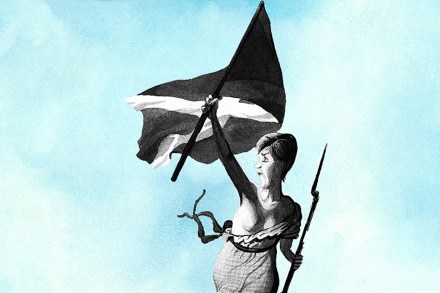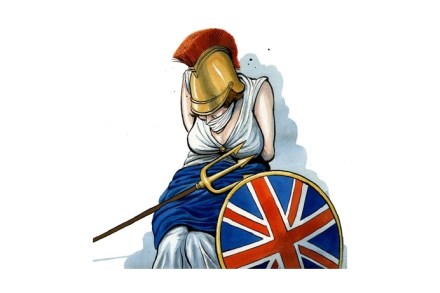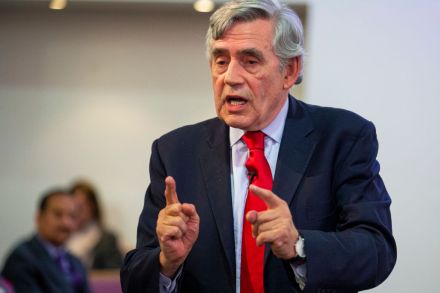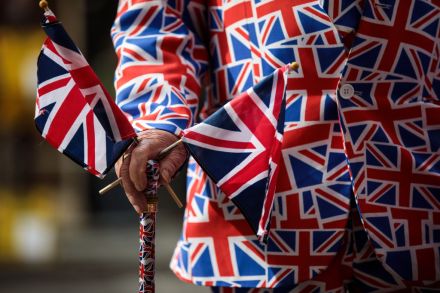Money won’t keep the Union together
Despite its name, Gers Day is not an annual celebration of the Ibrox side that makes up one half of Glasgow’s notorious Old Firm. If only it were that uncontentious. In fact, Gers stands for ‘Government Expenditure and Revenue Scotland’, the Scottish government’s yearly report on public finances. In a normal country, the publication of 76 pages of data tables and accountancy prose would go largely unremarked upon, so naturally in Scotland we have to turn it into another front in the independence wars. Because we really have nothing better to do. This year’s figures, like last year’s, reflect the unprecedented Treasury interventions during the Covid pandemic. However, they paint
